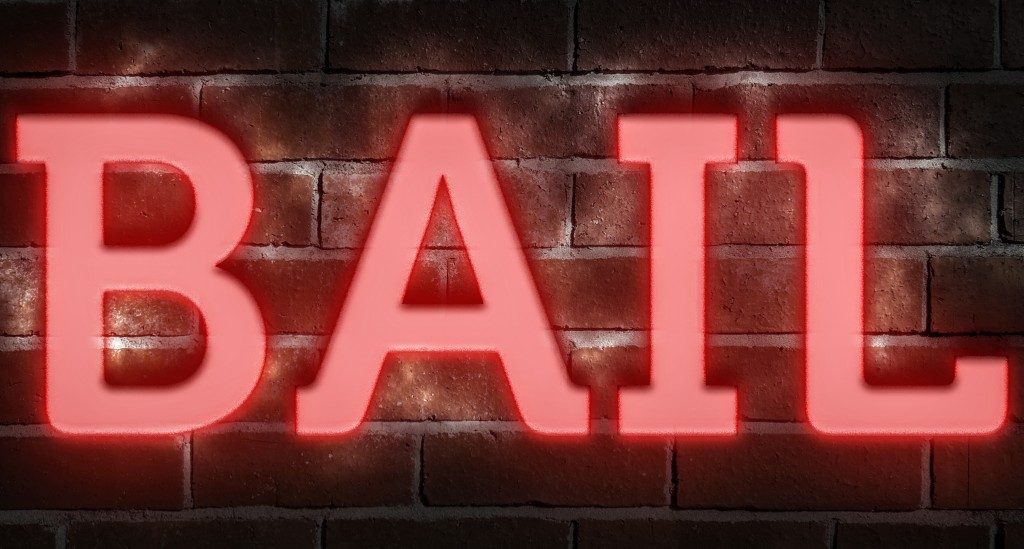Many people don’t fully understand how the bail process works when they are charged with an alleged crime. Refining your knowledge of the bail process can keep you from making costly mistakes.
You’re innocent until proven guilty. However, that doesn’t mean that you’re free to do what you wish until a court of law determines your innocence or guilt. There are policies and procedures to be followed after you’re charged with an alleged crime.
For starters, police officers have to make an arrest warrant and take you into custody. They will take you to the police station for booking and processing. If they decide to file charges against you, they will hold you in a cell until you register for bail or a court renders judgment.
The Arrest Process
Once you’ve been arrested, the police officers follow an administrative process. They will take your mug shot, record your personal information, and take your fingerprints. They will also confiscate any physical possession that you have and keep them in a storage facility. After processing, you will be held in a detainment area. Once you’ve been booked, one of three things is going to happen.
The police can release you with a written notice to appear before a court of law at a given date. They can also opt to free you from lockup after paying an appropriate bail amount. Alternatively, they can hold you in custody until a bail hearing before a court of law.
Naturally, the state laws determine which of the three options is applicable in each case. For low-level crimes, such as petty theft and disorderly misconduct, you will often be released with a written notice. Violent crimes will result in police custody until a court holds a bail hearing.
Bail Scheduling

As mentioned earlier, the state sets the bail amount applicable to individual crimes. Naturally, the gravity of the charges determines the bail amount. For instance, disorderly conduct carries a lower bail amount than a burglary charge.
The state also determines if the police can require bail to release you after booking. The judge has much latitude when setting bail amounts during a hearing and takes various factors into account, including the nature of the crime, your income, as well as your flight risk.
Paying the Bail
As an accused person, you can’t post your bail. Therefore, you must get someone to do it for you if you can afford the set amount. If the bail amount is beyond your means, you can always turn to a bail guarantor in Rowan County for help. A bail bond company will post a bond on your behalf to secure your releases when you can’t raise the money.
In exchange, they will charge you a small percentage of the bail money set by the court for their services. Instead of spending time on the county lockup as you await trial, a bail secures your freedom.
Once you’ve secured a surety bail, its imperative that you comply with all the terms of your release to avoid incurring the wrath of the court; failing to do so leads to additional charges or going back to lockup as you await trial.
